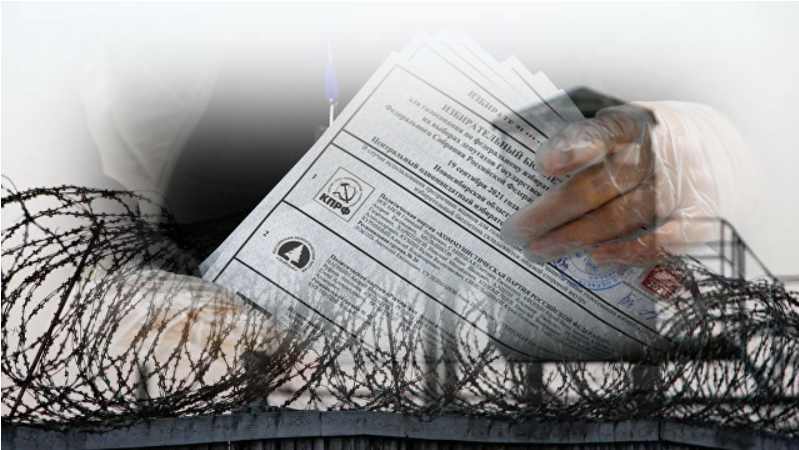“Elections” in the occupied Crimea: illegal and unrecognized
24 / 09 / 2021
On September 17-19 Russian Federation conducted illegal elections to the State Duma on the territory of occupied Crimea. Crimea was separated into three “single-mandate electoral districts,” and Sevastopol constituted a separate electoral district.
The names of candidates who ran to “represent” Crimea are available here, here, here, and here.
The official turnout in Crimea was 47.08%. Crimean Tatars boycotted those “elections.” According to the Commissioner of the President of Ukraine for the Affairs of the Crimean Tatar people, Mustafa Dzhemilev, only 10% of Crimean Tatars participated in “elections.”
The results of “elections” and the fact of their organization in Crimea have not been recognized by the international community. The US, United Kingdom, Turkey, Georgia, Poland, and other countries, the EU openly stated that they will not recognize those elections and their results.
Several Ukrainian human rights organizations issued a statement regarding the illegality of elections in Crimea. They called Ukraine and the international community to impose personal sanctions against those responsible for organizing those elections.
In its final report on the relationships between Russia and the EU, the European Parliament approved an amendment that calls on the European countries to impose sanctions against the EU citizens to monitor the elections in Crimea. It also characterized those elections as illegal. However, a few “observers” did reach Crimea. Some of them have very close relationships with Russia (details here). Those people were not authorized to represent their states or the international community in general; they were acting on their behalf. Russia, however, tried to present them as “international observers.”
The Security Service of Ukraine and the Office of the Prosecutor of the Autonomous Republic of Crimea started criminal investigations regarding the illegal elections to the Russian State Duma on the territory of the occupied Peninsula. The investigation started under part 1, article 111 of the Criminal Code of Ukraine (“high treason”). The potential sanction for this crime is up to 15 years in prison.
In addition, the Security Service of Ukraine provided materials on organizers and participants of “elections” in occupied Crimea to the National Security and Defense Council of Ukraine. This information was required to implement sanctions against those responsible for the “elections.” The materials include information on 33 candidates as well as 54 members of electoral committees.
Oles Lisichkin